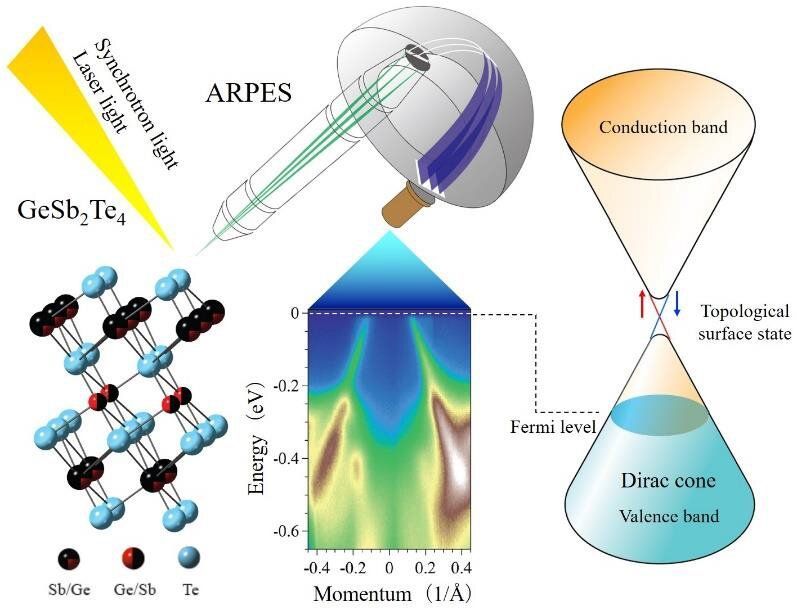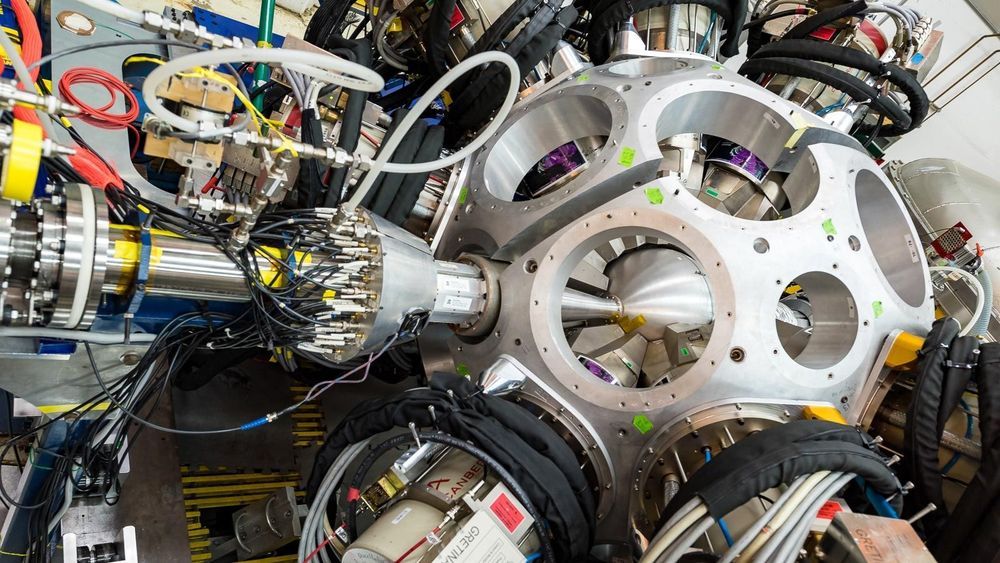Robert Behnken and Chris Cassidy concluded their spacewalk at 12:41 p.m. EDT, after five hours and 29 minutes. The two NASA astronauts completed a number of tasks designed to upgrade International Space Station systems.
They began by installing a protective storage unit that includes two Robotic External Leak Locator (RELL) units the Canadian Space Agency’s Dextre robot can use to detect leaks of ammonia, which is used to operate the station’s cooling system.
Behnken and Cassidy then removed two lifting fixtures at the base of station solar arrays on the near port truss, or backbone, of the station. The “H-fixtures” were used for ground processing of the solar arrays prior to their launch.








